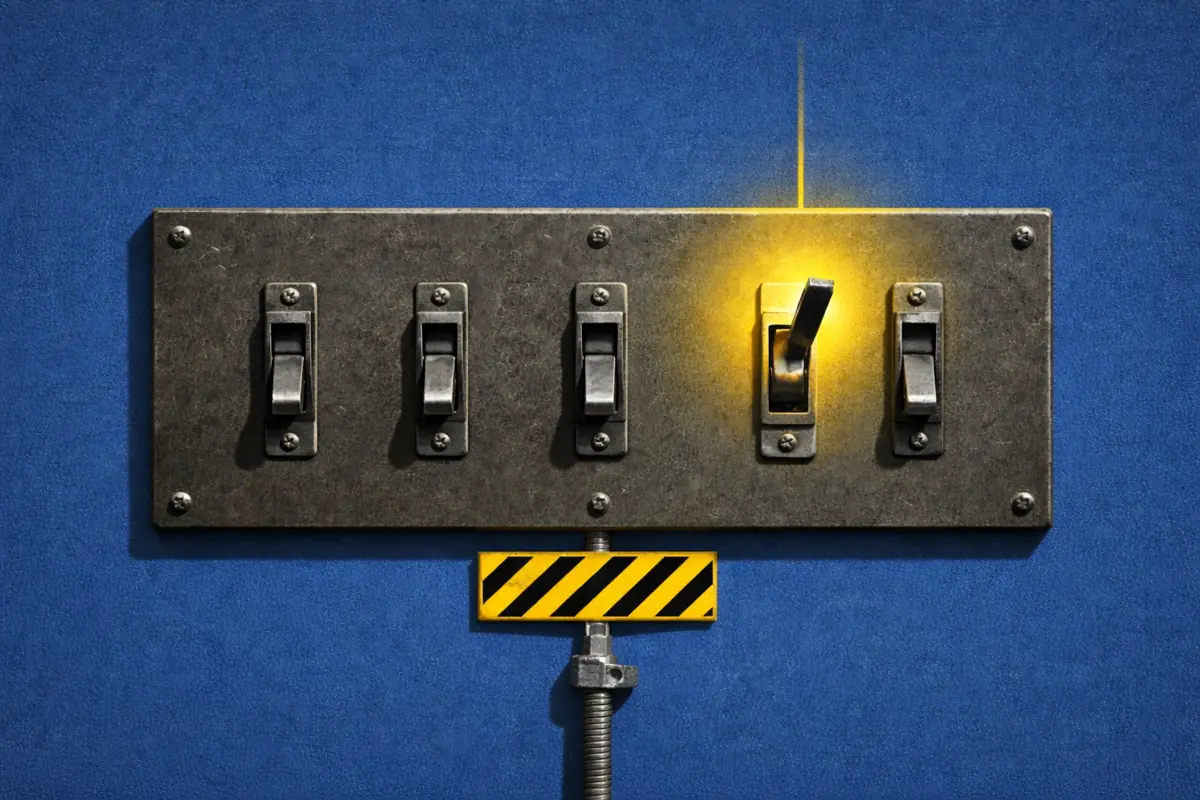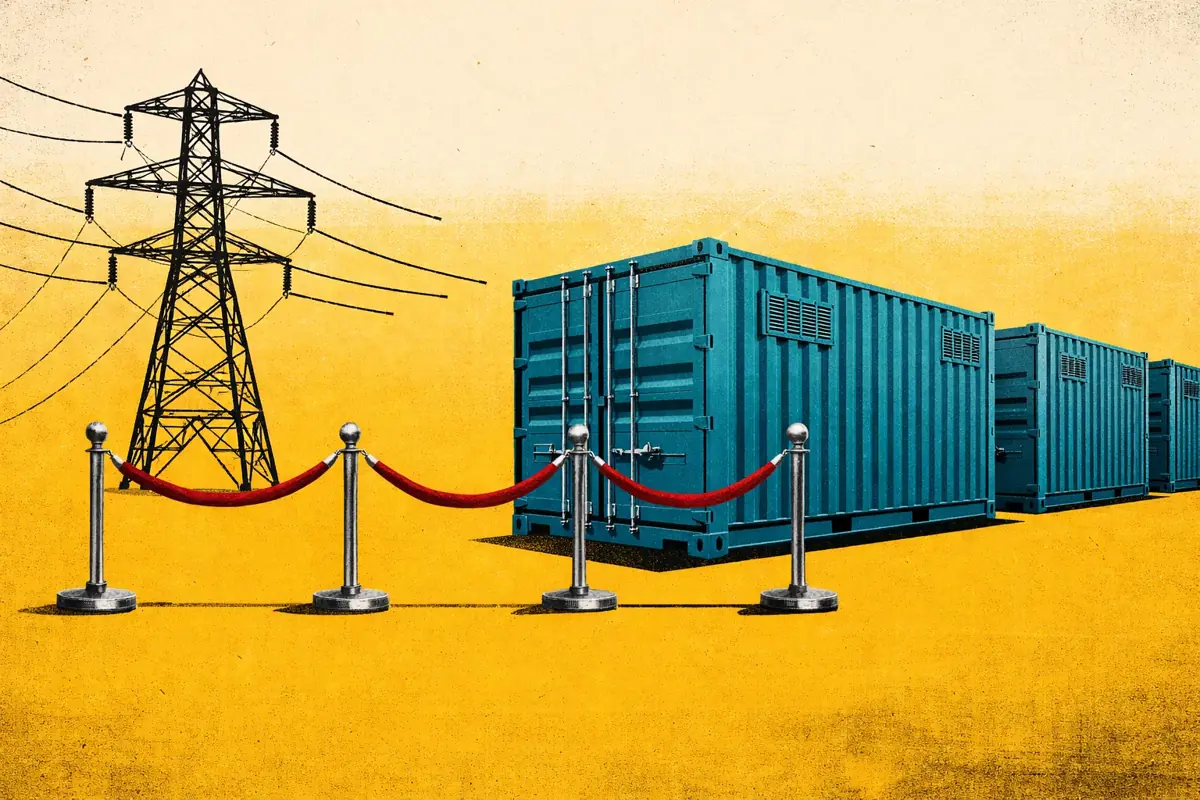Battery energy storage: revenues increase 45% in March
The GB BESS index increased 45% in March to £31.6k/MW/year, its highest level since November 2023. A slight decrease in Balancing Mechanism revenue was more than offset by frequency response revenues increasing 170% to £8k/MW/year, as well as Balancing Reserve providing a new source of revenue for batteries.

- Frequency response revenues increased by £5k/MW/year as clearing prices rose in every service except Dynamic Regulation Low.
- Balancing Mechanism revenue fell £1k/MW/year due to a higher proportion of Bids being accepted.
- Wholesale revenues increased 25% to £15k/MW/year
- This was helped by negative pricing on the 24th March, which caused day-ahead price spreads to reach £93/MWh.
- The new Balancing Reserve service provided an additional £1.8k/MW/year for batteries.
- This accounts for 10% of all battery revenue since the service launched.
So, what were the main factors affecting battery revenues this month?

Frequency response revenues rise as Dynamic Containment prices increase
Increased Dynamic Containment revenues caused frequency response revenues to rise to £8k/MW/year in March.
Both the High and Low services saw average clearing prices rise 75% and 29%, respectively. Dynamic Containment High is the largest frequency response service, with over 1.2 GW procured throughout March. Over 45% of Balancing Mechanism registered battery volume provides the service. This means price changes in this market have the biggest impact on frequency response revenues.
Only Dynamic Regulation Low saw clearing prices fall in March. As this service is rarely provided by Balancing Mechanism units that make up the BESS Index, this had little impact on revenues.

Wholesale day-ahead spreads increased in the second half of March
While average wholesale price spreads remained below £50/MWh this month, increased spreads in the second half of March helped increase battery revenue.
Negative wholesale prices on March 24th resulted in a daily spread of £93/MWh, the highest since December 2023.
This contributed to batteries earning £15k/MW/year in the wholesale market, a 25% increase from February.

Balancing Mechanism revenue fell due to increased Bid volumes
Batteries earned £6.5k/MW/year from the Balancing Mechanism this month. This represents a 14% reduction after record revenue in February. The total volume of batteries dispatched in the Balancing Mechanism increased to an all-time high of 1.7 GWh. This was driven by an 8% increase in Offer volume and a 25% increase in Bid volume.
The higher proportion of Bids accepted resulted in total Balancing Mechanism revenues reducing, as batteries used the market to buy more energy.

The 30-minute rule was introduced on March 11th to allow batteries to compete for more Balancing Mechanism volume. All batteries have provided 30-minute MEL and MIL data since March 25th, we will see if this change has impacted battery dispatches in the Balancing Mechanism in the coming weeks.
This has impacted the ability to assess the in-merit dispatch rate, which must now be recalculated from March 25th onwards after reaching 6.5% when the 15-minute rule was applied.
Batteries earn highest daily revenue since December 2023
Negative wholesale prices on March 24th helped batteries earn £145/MW, the highest daily figure since December 1st. However, on March 13th, batteries earned £142/MW, despite low wholesale price spreads of £33/MWh.
Already a subscriber?
Log in








